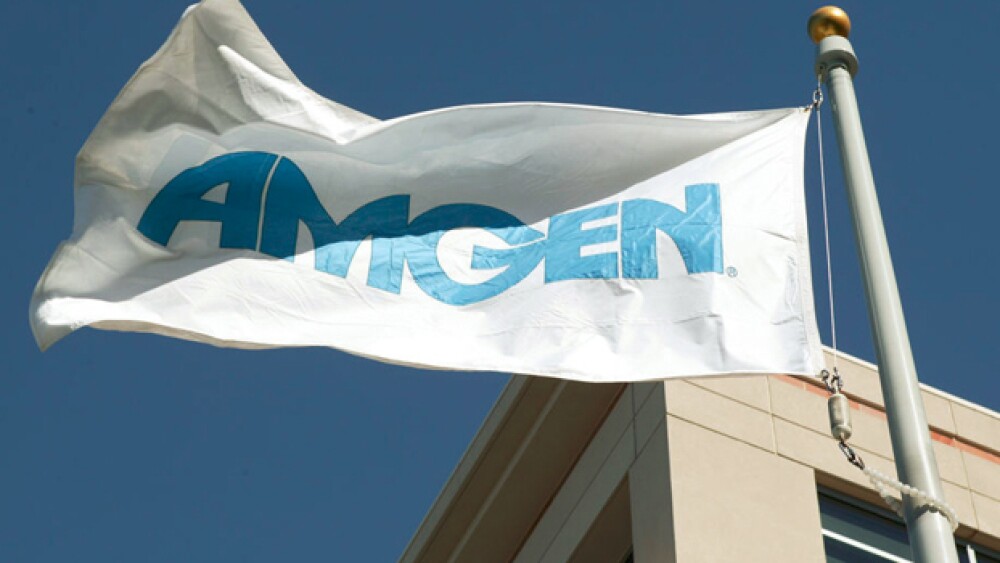Amgen, and The University of Texas MD Anderson Cancer Center, announced two multi-year collaborative research deals for a broad range of cancer therapeutics.
Amgen based in Thousand Oaks, California, and The University of Texas MD Anderson Cancer Center, headquartered in Houston, announced two multi-year collaborative research deals for a broad range of cancer therapeutics. The cancers studied will include leukemia, myelodysplastic syndromes (MDS), multiple myeloma, small-cell lung cancer, and other non-lung cancers with small-cell histologies.
The partnership will focus on Amgen’s bispecific T cell engager (BiTE), chimeric antigen receptor (CAR) T cell, and small molecule programs. Both programs stimulate a patient’s immune system to fight cancer, but do so in different ways. BiTE antibody constructs bridge T cells, allowing them to attack tumor cells. CAR-T therapies engineer a patient’s own T cells to recognize tumor-specific antigens, which stimulate the immune system to attack those tumors.
“These agreements build on a long history of collaboration between Amgen and MD Anderson, including a number of different efforts which helped to enable the advancement and regulatory approval of Amgen’s first bispecific T cell engager,” said David Reese, Amgen’s senior vice president of Translational Sciences and Oncology, in a statement. “We are pleased to work with MD Anderson to accelerate the translation of our early-stage oncology programs from the laboratory to the clinic.”
The launch of the first collaboration, which is planned for five years, will be a Phase I trial for BiTE antibody constructs and CAR T therapies for multiple myeloma and small cell lung cancer. The second collaboration deal will last four years and evaluate BiTE antibody constructs, CAR T, and small molecule therapeutics in leukemia and myelodysplastic syndromes.
The partnerships will include preclinical and clinical trials at multiple institutions. Some will be led by MD Anderson.
Most industry watchers are familiar with CAR T, but BiTE Technology may be new. The antibodies are modified to place the T cells within reach of the targeted cell, a type of “bridging” process. The idea is this allows T cells to inject toxins and trigger apoptosis, or cancer cell death.
Amgen previously partnered with MD Anderson in 2015. Shortly after the U.S. Food and Drug Administration (FDA) approved Amgen’s Blincyto (blinatumomab) for leukemia, which uses the BiTE system, Amgen began a new program with MD Anderson to identify targets for BiTE in myelodysplastic syndrome. Under that program, MD Anderson was eligible for milestone payments and royalties on any new therapies for MDS that came out of the program. Financial details were not disclosed for the current collaboration.
“The field of immuno-oncology is rapidly evolving and combining resources from both organizations could be important in answering key scientific questions,” said Patrick Hwu, division head of Cancer Medicine at MD Anderson, in a statement referring to the latest collaborations. “The collaboration allows MD Anderson to study up to 16 different oncology treatments which we hope will lead to rapid development and advancement of important therapies into clinical practice.”





